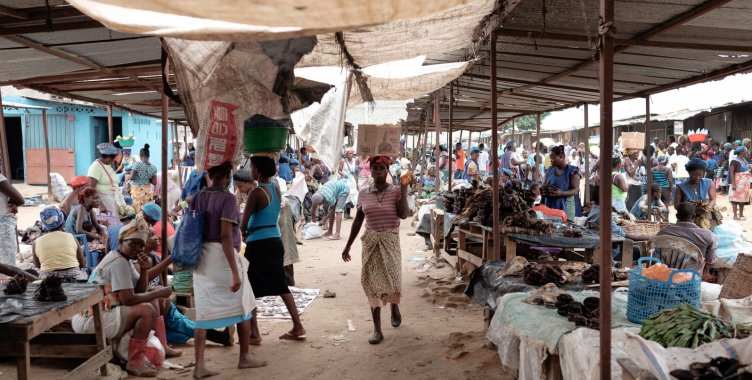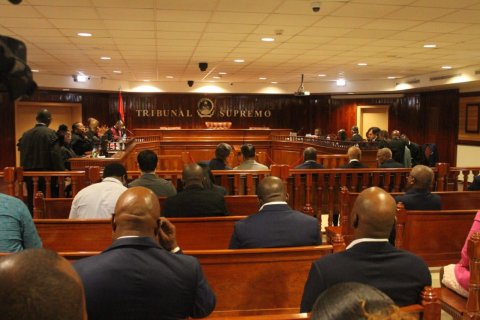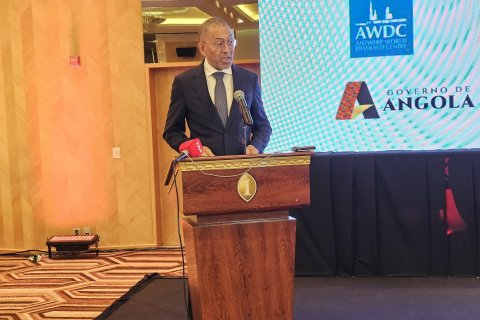"Inflation has increased in the first 11 months of this year, despite weak global and local economic conditions, which mainly resulted from the fall in oil prices this year and the exchange rate liberalization of 2019, and which caused the kwanza to lose 26 percent of its value since the beginning of the year," analysts write in a commentary to the 1.99 percent increase in inflation in November compared to October and 24.9 percent over the last 12 months.
"The depreciation of the kwanza will continue to put pressure on consumer prices, due to Angola's heavy dependence on imported goods, which is evident from the fact that most inflation is motivated by rising food prices," the analysts added in a note sent to customers, and to which Lusa had access.
In addition, they warn, "the gradual implementation of the new 14 percent Value Added Tax (VAT), as well as the expected increase in higher education fees, will put more pressure on inflation in 2021.
In November, NKC African Economics revised its estimate of inflation in Angola, predicting a 22.4 percent rise in prices and a 60 percent depreciation of the national currency, the kwanza, this year.
Analysts say they expect average inflation of 22.4 percent this year, worsening from 17.1 percent last year, and expecting growth to slow to 20 percent next year.
Prices in Angola rose 1.99 percent between October and November, according to a monthly report from the National Statistics Institute (INE) released in mid-December, which puts 12-month accumulated inflation at its highest since November 2017.
The Food and Non-Alcoholic Beverages class was the one that, according to Angola's INE, "contributed the most to the increase in general price levels," accounting for 1.13 percent of the 1.99 percent increase in November.
The figure recorded in November this year represents an increase of 0.18 percentage points and, in year-on-year terms, of 0.46 percentage points against the 1.53 per cent recorded in the same period of last year.
Over the last 12 months, Angola has accumulated a 24.9 percent increase in consumer prices, a figure that exceeds 24.7 percent between December 2016 and November 2017 - the highest value for this indicator in the last three years.
Since the start of the year, inflation in Angola has totalled 22.57 percent, a figure similar to that recorded in the first 11 months of 2017, when it reached 22.21 percent. Compared to 2019, this represents an increase of 7.86 percentage points over the 14.71 percent recorded then.
In the proposed General State Budget for 2021, Luanda estimates an annual accumulated inflation rate of 18.27 percent for next year.
Due to the covid-19 pandemic, there was a reduction in the price of a barrel of oil, which led the member states of the Organization of Petroleum Exporting Countries and their partners to reduce production in order to balance the price of a barrel of oil.
At the end of November, the Monetary Policy Committee of the National Bank of Angola maintained the forecast of 25 percent inflation for the current economic year "so it will continue to monitor all monetary factors determining inflation.







